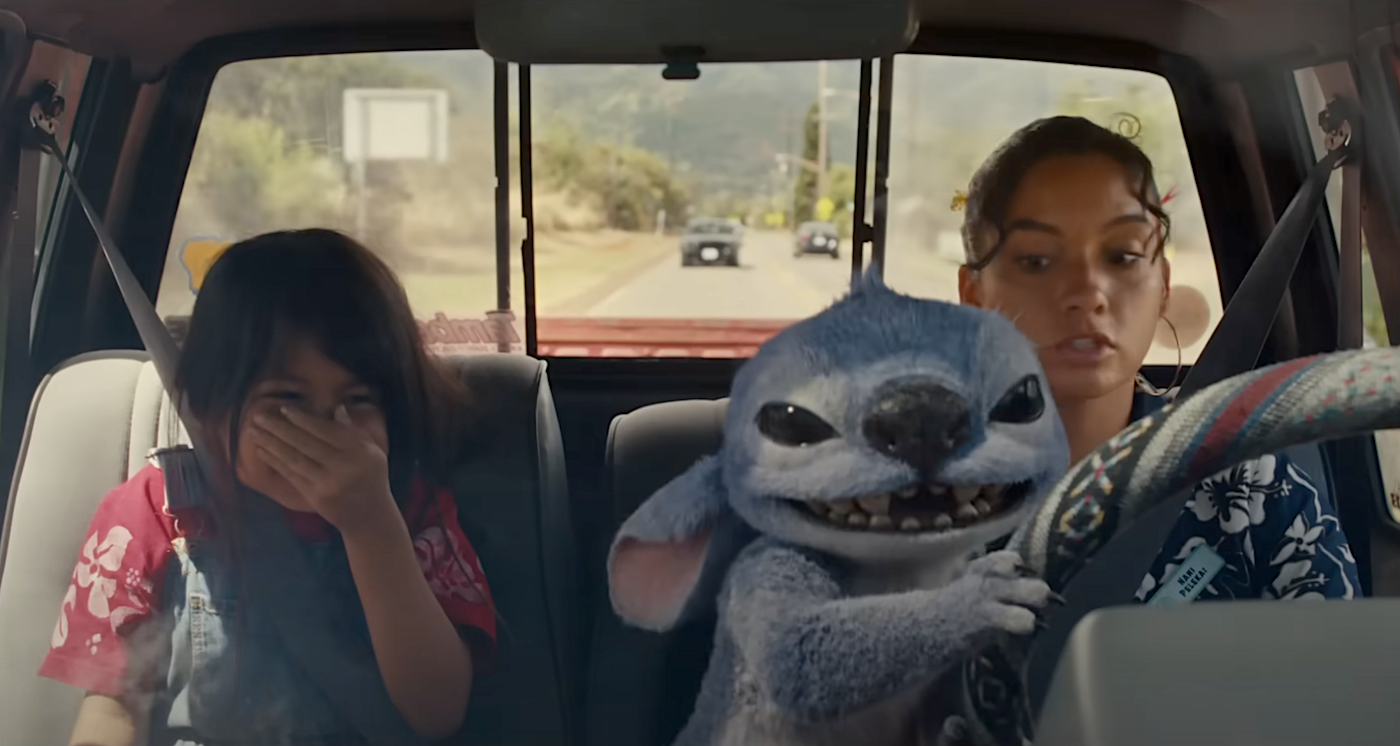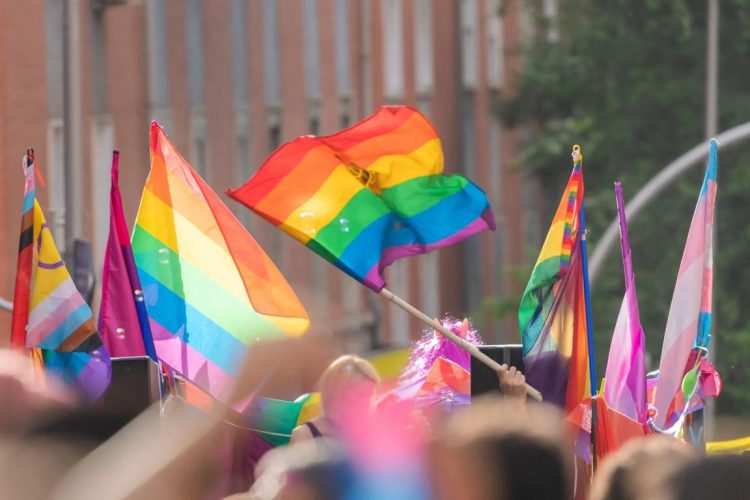
Few things can unite the left and right, but Disney’s remake of Lilo and Stitch seems to have done it.
For years, Disney has been lambasted for remaking its classic films in live action, a formula that has been extremely profitable but has diluted the company’s reputation. Audiences have had mixed reactions to the awkward art styles, recasting of actors, and strange CGI. But Lilo and Stitch has crossed a line for even many of the most devoted Disney fans.
This new interpretation of the 2002 cult film has a brand-new ending that changes the story’s message. Even those unfamiliar with Stitch might be aware of the “Ohana means family” quote that went from being a heartwarming moment at the end of the story to an oft-repeated social sentiment found on bumper stickers, T-shirts, and sappy Facebook posts. The film’s protagonist, Stitch, learns about the importance of “Ohana” and having a family through his relationship with Lilo and her older sister, Nani. After having lost their parents in a car accident, the two girls spend the duration of the story fighting against all odds so their small, imperfect, but loving family can stay together.
In the final moments of the remake, audiences expected to see Lilo, Nani, and their alien pet, Stitch, find comfort in the sanctity of their household. Instead, they saw Nani announce that she would be leaving her younger sister behind to attend college. Rather than prioritize her family, Nani opts to leave Lilo with her neighbor in a foster care-style housing situation. Narratively, Nani’s decision to pursue a career instead of staying with her sister makes no sense. It destroys the movie’s tension, as their fears about Lilo being taken away by Child Protective Services are undermined by the option of having Lilo easily move next door.
Disney’s choice to split up the two sisters and destroy the family is intentional. In the past, the company has made questionable adjustments to its remakes, with CGI dwarves and awkward song additions. Yet Lilo and Stitch’s changes have a devastating effect on the story’s purpose. Other remakes have lacked any genuine justification for their existence apart from being a way to line Disney’s pockets. This remake sabotages the original movie’s legacy.
For those who grew up with the original, the characters of Lilo and Stitch represented sacrifice and kinship. Conservatives admired Nani’s piety and the emphasis on preserving the family structure in the face of tragedy. Liberals admired the themes of love and acceptance found in the silly alien character. The story was produced in an era before Disney was wholly dedicated to aggressively pushing its social justice agenda on young audiences.
The left might not be sure why they’re uncomfortable with the remake, but they can feel it. On TikTok and Instagram, people who grew up with the original film have been posting about their dislike of the remake. These people are far from identifying as conservative, but when they are confronted with the realities of leftism, they understand something is … off. Perhaps they can’t cite that breaking up a family that has fought so hard to stay together is wrong because it destroys a God-given, natural social structure. Perhaps they can’t acknowledge that placing a career over a loved one’s protection is a selfish act that destroys the vestiges of responsibility. However, as they exit the theater, they are distraught enough by the conclusion to post online rants about how “bad” the new movie is.
Family is crucial to the human experience. Lilo and Stitch wrestled with the fact that families can be imperfect and broken but are still pivotal. Nani’s choice to abandon Lilo to a well-meaning neighbor and friend sabotages this conclusion. It was a conscious choice by Disney to erode the familial bond, instead giving Nani a “liberation” storyline, where feminism rises above sisterhood.
The girlboss movement’s logic sees no fault with Nani’s drive for building a career, and neither does Disney. The choice to give Lilo up to the foster care system sends a clear message too: The government should raise your children. Lefists have been pushing this for years through the promotion of state schooling, the destruction of school choice, the ubiquity of social welfare programs, and the prioritization of the national or even global collective over individual family structures.
Yet when the left is faced with the consequences of this agenda and sees the fates of their beloved childhood characters change because of it, they can’t help but know it’s wrong.
Brooke Brandtjen is a writer and journalist from Wisconsin who focuses primarily on culture, politics, and religion. She is extremely passionate about the arts and history, and is honored to write for a variety of distinguished publications.


